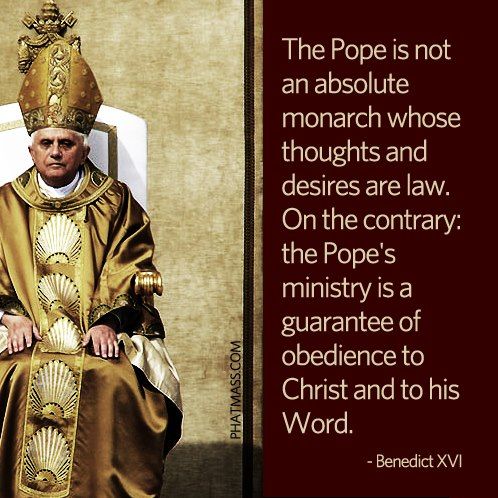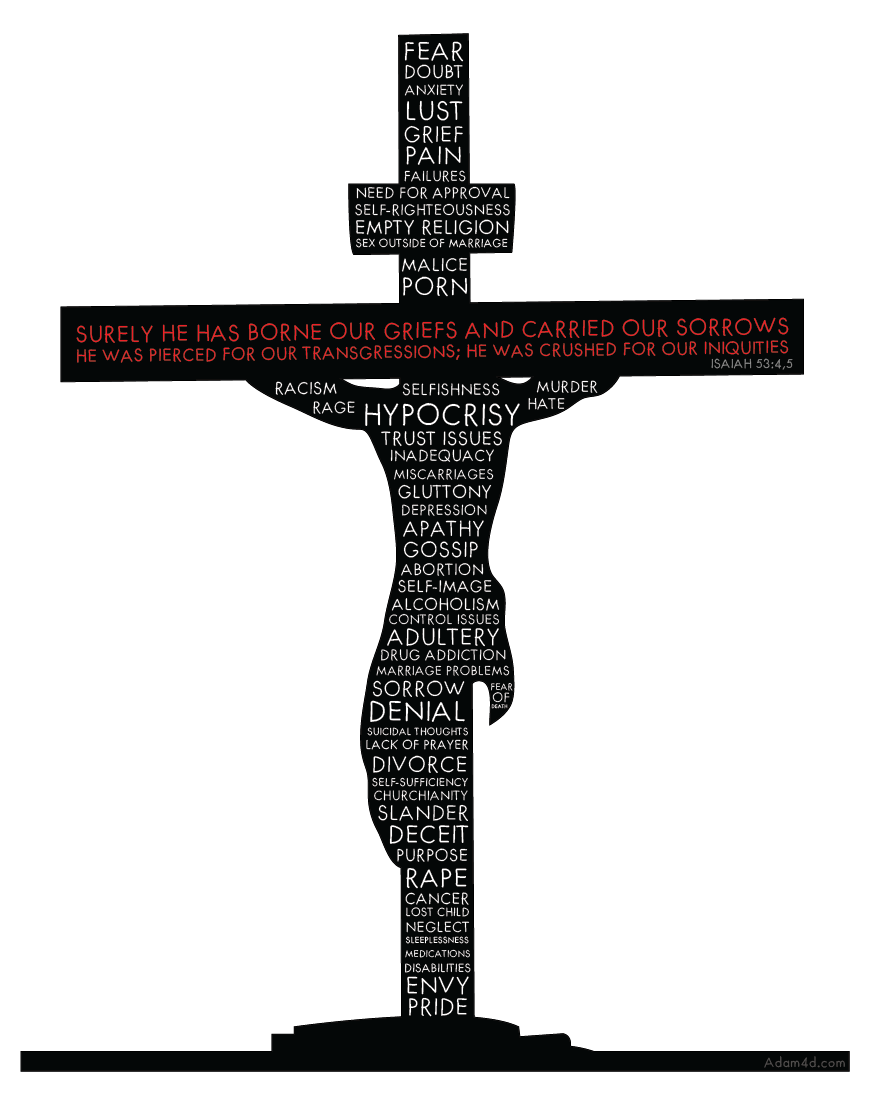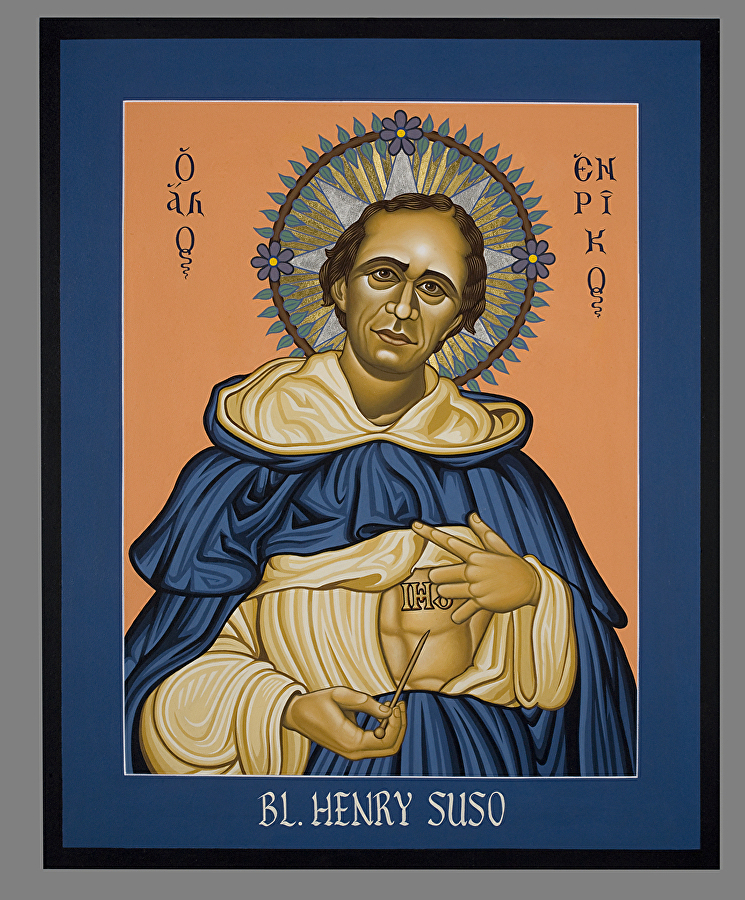-by Rev Gabriel of St Mary Magdalen, OCD, Divine Intimacy, Baronius Press, (c) 1964
Presence of God – O Jesus, teach me the secret of humble obedience which submits to every superior and every command.
MEDITATION
Although obedience is precious because it places our whole life in God’s will, nevertheless, in practice it has its difficulties and these arise chiefly because the command itself does not come directly from God but through His representatives. Thus it often happens that we fail to see God in our superiors and to recognize His authority in them. For example, when, as often happens in religious life, we have as our superior a former colleague or perhaps even a former pupil, younger and less experienced than we, one whose weaknesses and defects we know only too well, we could easily be tempted to have insufficient respect for his authority and his commands. Then a life of obedience becomes especially difficult: it is hard for us to obey, we do not have recourse to the superior with childlike trust, and what is worse, we justify this attitude to ourselves. Here we are making a great mistake in perspective; we forget that, no matter who the superior is, he is invested with authority which comes from God, authority placed on him solely because he has been called to this office. This authority is unchangeable and has the same force whether the superior is old or young, experienced and virtuous or inexperienced and less virtuous. Basically, if we find ourselves in these difficulties, we must lay the blame on our lack of a supernatural spirit, a spirit of faith. We are judging spiritual matters according to natural standards and from the point of view of human values, which makes it impossible for us to live a life of real obedience, a life entirely based on supernatural values and motives. We must learn how to rise above human views concerning the person of our superior—his good qualities or his faults, his actions in the past, and so forth—to look upon him only as the representative of God and of His divine authority. It is true, we often find it absolutely necessary to use all our strength and efforts to do this if we do not wish to lose the fruit of a life of obedience. It is certain that the more we force ourselves to see in our superiors the authority which comes from God, so much the more perfect and meritorious our obedience will be, and God Himself will guide us by through them.
COLLOQUY
“My sweet Savior, can I see You obedient to Your creatures for love of me, and refuse to be obedient out of love for You to those who represent You? Can I see You obedient unto death, the death of the Cross, out of love for me, without lovingly embracing this virtue and the Cross on which You consummated it?
“I will force myself to the utmost of my power to imitate Your example, and for love of You, obey all creatures—my superiors, equals, or inferiors—in all things, without argument, murmuring, or delay, but joyfully and lovingly. Therefore, I will not question the reasons why I am told to do this or that; I will not think about the way in which the order is given to me, or the person who gives it. I will consider Your will alone, letting myself be moved like You in any direction, by anyone, in agreeable or disagreeable, suitable or unseemly circumstances. It matters not! Grant me the obedience You desire.
“O Jesus, who willed to make reparation for Adam’s disobedience and mine at the cost of Your life; O Jesus who by Your death acquired for me the grace of knowing how to obey, I wish to live longer only to sacrifice my life by perfect, continual obedience” (St. Francis de Sales).
“O Lord, You desire to infuse obedience into our hearts, but You cannot because we will not recognize that You speak and work through our superiors, and also because we are attached to our own will” (St. Mary Magdalen dei Pazzi).”
Love,
Matthew
















